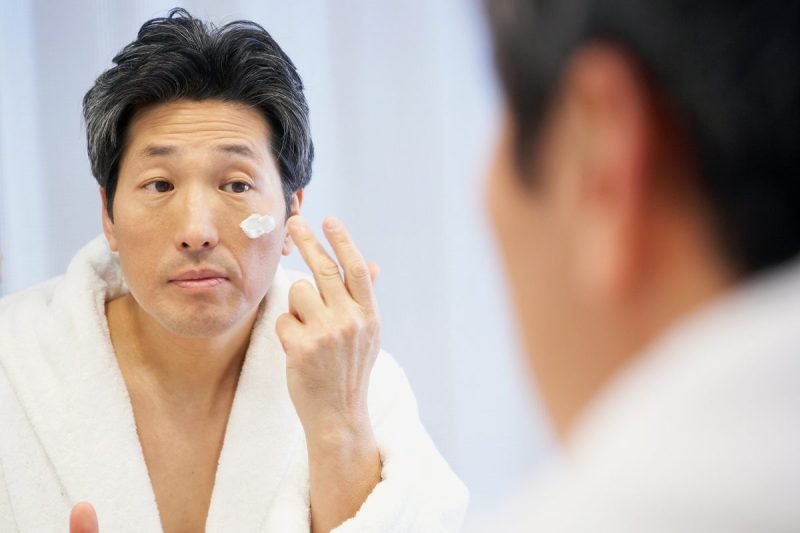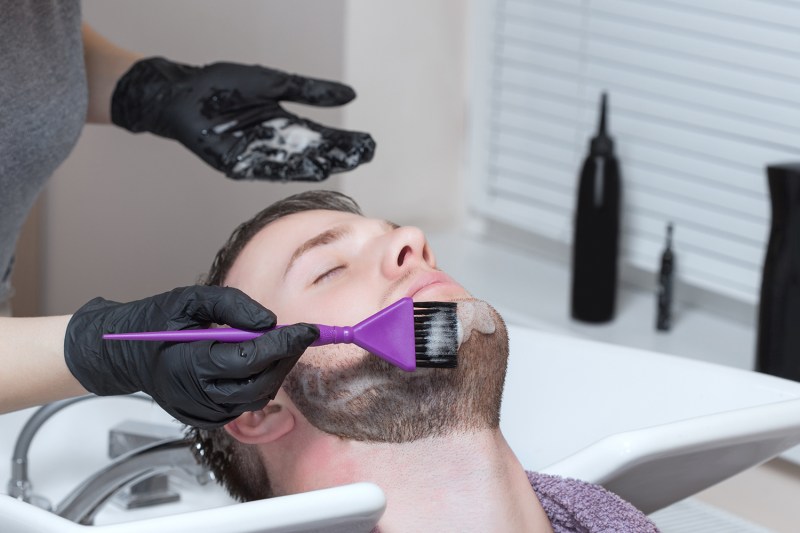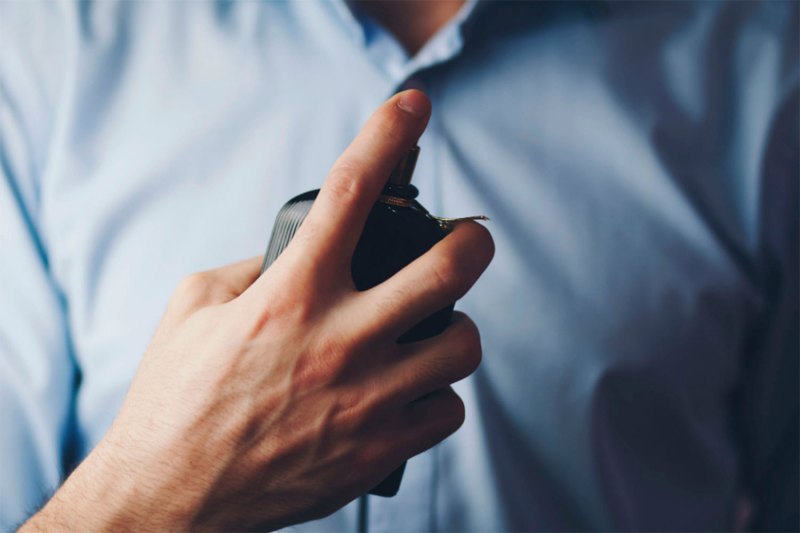The men who spend a lot of time and money setting up their men’s skin care routine are making a great investment, and it’s one that will pay off in all sorts of ways. The more obvious ones include healthier skin, better overall health, and a more attractive appearance, and those are just the beginning.
However, these benefits may not be realized if you don’t do your homework on the skincare products you’re buying. Bad ingredients turn up in a surprising number of products, high-quality and otherwise, so let’s give you some clues about what to look for when you start shopping.
Alcohol

Alcohol shows up in products across the spectrum of skincare possibilities, and it used to have a pretty good reputation. That was mainly based on the advertising for old-school aftershaves in which alcohol was touted as being “bracing” and “refreshing.”
But that interpretation is mostly out the window now. In today’s world of men’s skincare products, the consensus is that alcohol tends to dry out skin, which is problematic at best. If you’re looking for a bracing ingredient to apply after you shave, stick to witch hazel, which is astringent and actually benefits your skin.
Parabens

When you buy a skincare product, you really don’t want any side effects that will impact other basic metabolic functions, right? But that’s not the case for parabens, which are known to have an effect on hormonal cycles.
Specifically, they mimic estrogen, which impacts fertility and reproductive health in women and hormonal balance in men. There have been reports that parabens also lower the quality of men’s sperm, which makes them a must to avoid for younger men especially.
Synthetic dyes

Dyes of all colors and sorts are being demonized in many skincare products, and for good reason. They can cause or exacerbate skin irritation and allergic reactions, and many dyes clog pores, which can lead to acne outbreaks. The more severe reports have them related to cancer and hormone disruption, which is all the more reason to steer clear of them.
Fragrances

This one doesn’t sound so bad, especially as it applies to men’s cologne. When you put them under the ingredients microscope, though, the issues surrounding fragrances align with those caused by dyes. They can also make skin more sensitive to light, leading to rashes and other analogous conditions.
Mineral oil

At first glance, mineral oil looks like it might be the close cousin of any number of natural oils. It’s actually a petroleum-based product; specifically, it can clog pores and cause all the related skin problems, especially when it’s not refined.
Propylene glycol

The name makes this ingredient sound bad because it sounds like it came from a question from a pharmacology exam. It’s actually one of the safer compounds on this list, provided you’re not allergic to it, but some companies in the UK and Europe have stopped using propylene glycol because it does cause irritation in those who are sensitive to it.
Triclosan

Like parabens, triclosan has an impact that extends well beyond surface-level skin benefits. It’s omnipresent in skincare products, and it used to be used in hospitals starting back in the 1970s because it was antimicrobial.
That was then, this is now. Triclosan has been banned by the FDA, and the EU has also restricted the percentage of triclosan used in these products to less than one percent. It’s absorbed by the skin and can affect fundamental body functions like metabolism and reproductive processes, so steer clear if you see it on an ingredients list.



